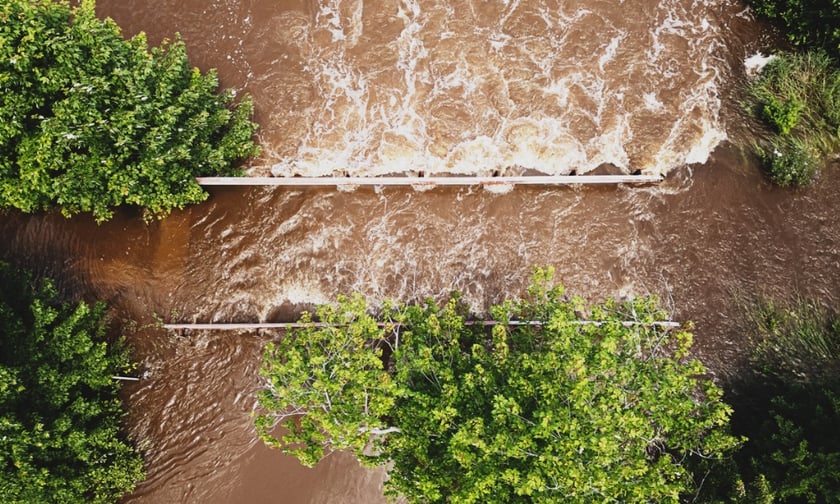

The Insurance Bureau of Canada (IBC) has released Catastrophe Indices and Quantification’s (CatIQ) initial estimate of the insured losses resulting from the flash flooding that struck Toronto and other areas of southern Ontario on July 15 and 16, 2024.
The CatIQ approximation, which is under licence to IBC, stands at $940 million.
Amanda Dean, IBC vice president for Ontario and Atlantic, stated: “The insurance industry has long warned that severe weather events are becoming more frequent and intense. This summer is, unfortunately, proving that statement is correct.
“This summer, Canada’s insurers have been simultaneously supporting customers impacted by the Toronto floods, the Calgary hailstorm, the Jasper wildfire, and flooding across Quebec. The insurance industry is on the ground in Ontario, Alberta, and Quebec, assisting customers as they put their lives back together. The emotional distress that these events have caused thousands of Canadians cannot be overlooked.”
In addition to the recent Ontario floods, the industry is now dealing with flooding in Toronto and Montreal that occurred over the past weekend. Insurers are also preparing to respond to the needs of those affected by the tornado in Ayr, Ontario.
According to IBC, the consecutive disasters have placed “immense pressure” on insurance adjusters, straining resources across the sector. IBC said it is collaborating with governments and regulators nationwide to address the shortage of adjusters, given that timely access is crucial in ensuring that consumers receive prompt support after catastrophic events.
Craig Stewart, vice president of climate change and federal issues at IBC, declared: “With several large natural disasters in the span of one month, including another round of torrential downpours in the Greater Toronto Area over the weekend, coupled with skilled labour shortages and supply chain issues, we are urging affected customers to be patient. Rebuilding will take time.
“IBC and its members are calling on governments to improve disaster preparedness and recovery across the country. Unless the federal government commits the necessary resources this fall to stand up the National Flood Insurance Program while provinces and territories commit to mitigating flood risk, insurers will not be able to support the program before the next federal election.
“This is the single, most important step the government can take to better protect homeowners from the financial risks of climate change.”
In 2023, severe weather in Canada caused more than $3.1 billion in insured damage.
What do you think about this story? Share your thoughts in the comments below.
